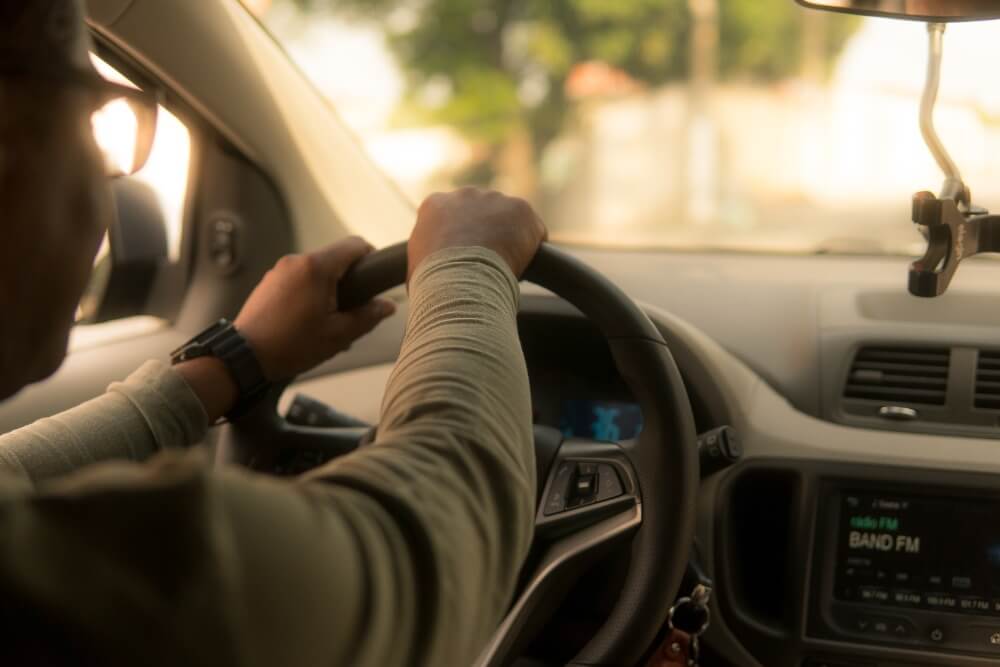Non-ownership Automobile Liability involves situations when an employee’s personal car is used in the service of the business. If an accident occurs, injured parties may sue you, the employer and/or the employee for injuries and damages. The non-owner policy form of commercial automobile liability policy protects the employer and employee for bodily injury and property damage liability. Coverage is in “excess” of the personal automobile coverage on the vehicle that was in the accident.
For example, your employee uses their vehicle for the transportation of your client(s) and an accident occurs. Your employee carries a $100,000 bodily injury limit on the personal automobile policy and there were clients injured. In the event of a claim, the $100,000 limit will be the most the employee’s personal automobile policy will pay for injuries that occurred in the accident. The employer’s Nonowned Auto Liability will pay excess over the employee’s policy up to the limit on the commercial automobile policy. Please note that it is usual for companies providing this coverage to require that the personal automobile policy provide for a minimum of $100,000 bodily injury limits per person and $300,000 bodily injury limits per accident on personal vehicles that are used for business endeavors.
This coverage does not pay for damages to the employee’s automobile. Collision coverage on the personal automobile policy would apply if it was purchased under the employee’s policy.
Hired Automobile Liability involves situations when you hire, borrow or rent vehicles for short periods of time (i.e.: field trips or special events). Hired Auto Liability coverage is also “excess” of the amount of liability insurance provided by the rental company or vehicle owner. When their liability limit is used up in the payment of claim, coverage under this policy form is triggered. It is important that you obtain certificates of insurance from rental companies evidencing liability insurance with limits not less than $1,000,000. Again, this automobile form does not pay for damages to the hired, borrowed or rented car itself. When renting a vehicle ALWAYS purchase the damage waiver. If the vehicle were borrowed, the automobile owner’s collision coverage would apply if it were purchased.
